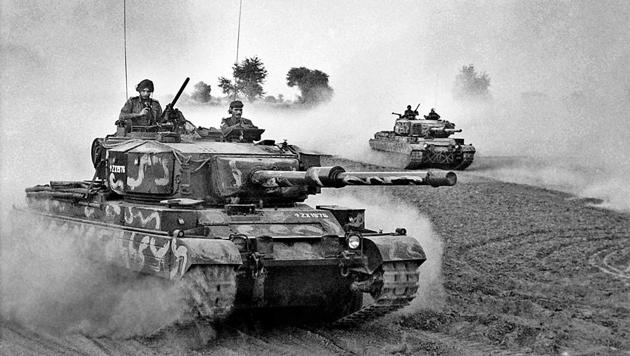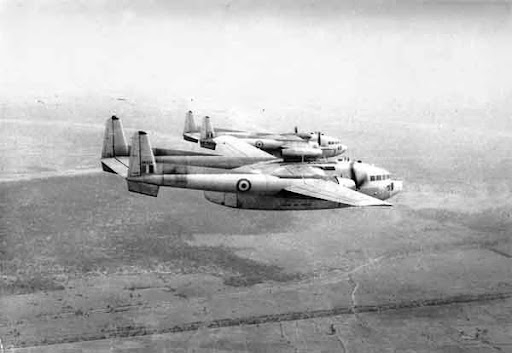3rd December: The Onset Of March Of Victory In Indo-Pak War of 1971
It was today that a march of victory had begun around half a century back – the one that brought home an ultimate roaring victory over Pakistan for India and Liberation for the then-new neighbors – Bangladesh, after a long war for survival, for liberation, for dignity.
Total Views | 376
Patience, Perfection and Peace are legitimate goals of human existence; and they are the fallacy that the concept of utopia rests upon. But alas, we do not get to live in utopia and can only dream of it. Ironically, wars are often fought for peace to prevail and peace on the other hand can never be a constant state because conflict is the real law of nature.
“Survival of the fittest” is an old age adage used by one-a-many and thus conflicts and wars will always be a part of human history for its true evolution, its real development. These conflicts can be religious, territorial, economical, civil, revolutionary and at times defensive too. The reason can be any but the consequences are mostly the same. History never remembers a war fondly, but it is the war that actually rewrites history.

Today, the 3rd of December is one such date that Indian History will never forget. It was today that a march of victory had begun around half a century back – the one that brought home an ultimate roaring victory over Pakistan for India and Liberation for the then-new neighbors – Bangladesh, after a long war for survival, for liberation, for dignity. The Bangladesh Liberation War or Mukti Juddho (Mukti-Yuddha) as it is called went on for almost ten months starting on March 25, 1971. It was a revolution triggered by the up rise of Nationalist Movement and oppressive military action by West Pakistan (Today’s Pakistan) on East Pakistan of the time (Today’s Bangladesh). It was a massive humanitarian crisis and millions of East Pakistani’s sought refuge in India – the country that they had left during Indo-Pak partition of 1947.
Post the partition, while India abided by the principles of democracy on the path of development, Pakistan faced military oligarchy which was highly undemocratic and totally bureaucratic. The Muslim dominated West Pakistan dominated the Bengali-Hindu populated East Pakistan politically. The general elections of 1970 in Pakistan highlighted the majority of East Pakistani Awami League and its leader Sheikh Mujibur Rehman. This did not go well with the West Pakistani dominance which was outraged with the results. The cultural and religious differences had started surfacing just within two decades of the partition and the cracks within the rule of Pakistan were evident clearly to all. General Yahya Khan opened a brutal assault on the East Pakistanis leading them to flee out of their own country. Rapes, killings, butcheries characterized the assault pushing refugees into India.
For India, it was an opportunity to safeguard its boundaries for the future by ending the two front war threat from its staunch enemy Pakistan. Communism in East Pakistan would have risen high, had the state of affairs been left to continue on the same lines. The refugees entering India was a beginning of internal discords amongst the locals against the newly entering “aliens”. Indian Prime Minister Indira Gandhi decided to take a permanent step against the genocide rather than merely offering the Bengalis a temporary refuge. India’s diplomatic ties with the other countries provided it a base to take the act upon.

Enraged with India’s backing to Bangladesh, the Pakistani Air Force launched air strikes first in Punjab, Haryana, Rajashtan followed by Jammu and Kashmir, and lastly at Agra and nearby airfields on 3rd Of December 1971. India decided to intervene and this instigated the commencement of Indo-Pak War of 1971. Pakistan attempted attacks on western boundaries of India but Indian Army retorted with valour and vigour making it evident that India was here to win and to stay. It captured 15000 kms of Western Pakistan territory. India chronicled a victory after a 14-day long war finally liberating Bangladesh.
Follow News Bharati and watch this space for more articles on Indo-Pak War of 1971.






